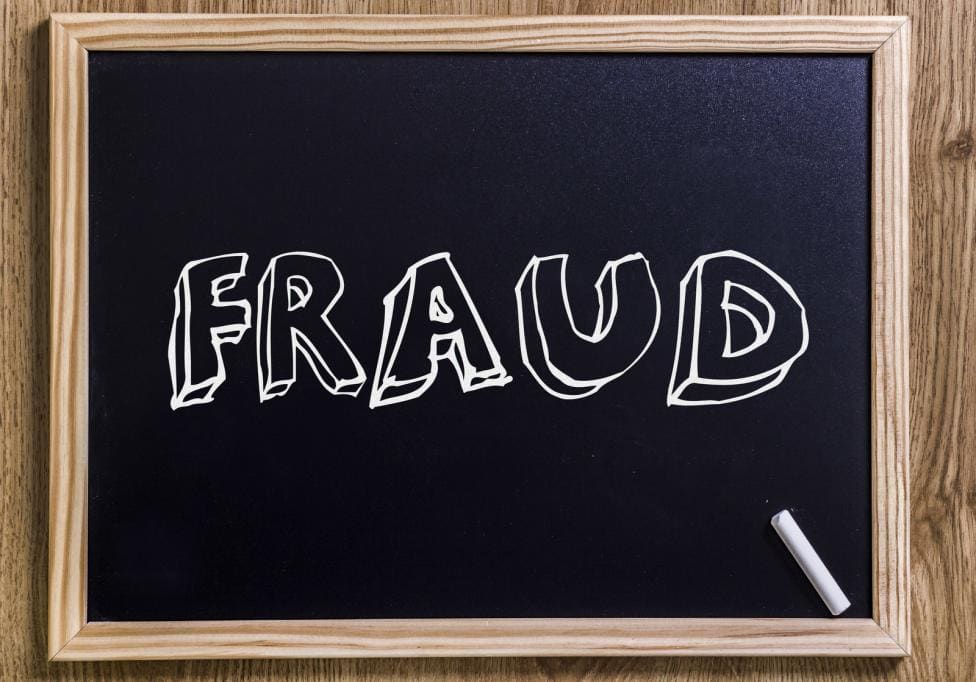The Pennsylvania attorney general’s office recently charged the co-founder and former executives of an addiction treatment network, accusing them of profiting off addicts by fraudulently billing insurance companies to the tune of 44 million dollars in insurance money for treatment, with little interest in helping addicted clients get clean and sober.
The charges announced by Attorney General Josh Shapiro are levied against eleven people in Pennsylvania, New Jersey, and Florida, and nine corporations related to Liberation Way, a for-profit treatment company that had locations outside of Philadelphia, in the suburbs.
Shapiro said the two-year investigation found that in addition to billing for services that didn’t exist, the treatment network seemed to encourage a “revolving door” business model. Addicted people repeatedly returned for treatment services that were inadequate or nonexistent, leading to more and more fraudulent billing by Liberation Way. The company also profited by to a private equity firm in 2017 for nearly 42 million dollars.
The fraud among decisionmakers for Liberation Way’s facilities was widespread and played out in many ways. According to NBC Philadelphia,
“The schemes include billing for substandard, nonexistent or unnecessary treatment, Shapiro said. State charges include dealing in proceeds of unlawful activities, criminal conspiracy, insurance fraud and identity theft. Federal conspiracy charges have also been filed.”
The investigation began when data received from the state Department of Drug and Alcohol Programs showed problems with the facilities. Inspectors repeatedly flagged various violations at Liberation Way facilities, which were not disclosed to the private equity firm.
One part of the conspiracy, authorities revealed, involved paying insurance fees for addicted people who signed up for health insurance and then entered a Liberation Way treatment program. Liberation Way would pay for their health insurance premiums if any. To hide the fact that Liberation Way was paying the addicted people’s bills they took pains to conceal the source of the money, using dummy nonprofits, prepaid Visa cards, and cash.



Leave A Comment